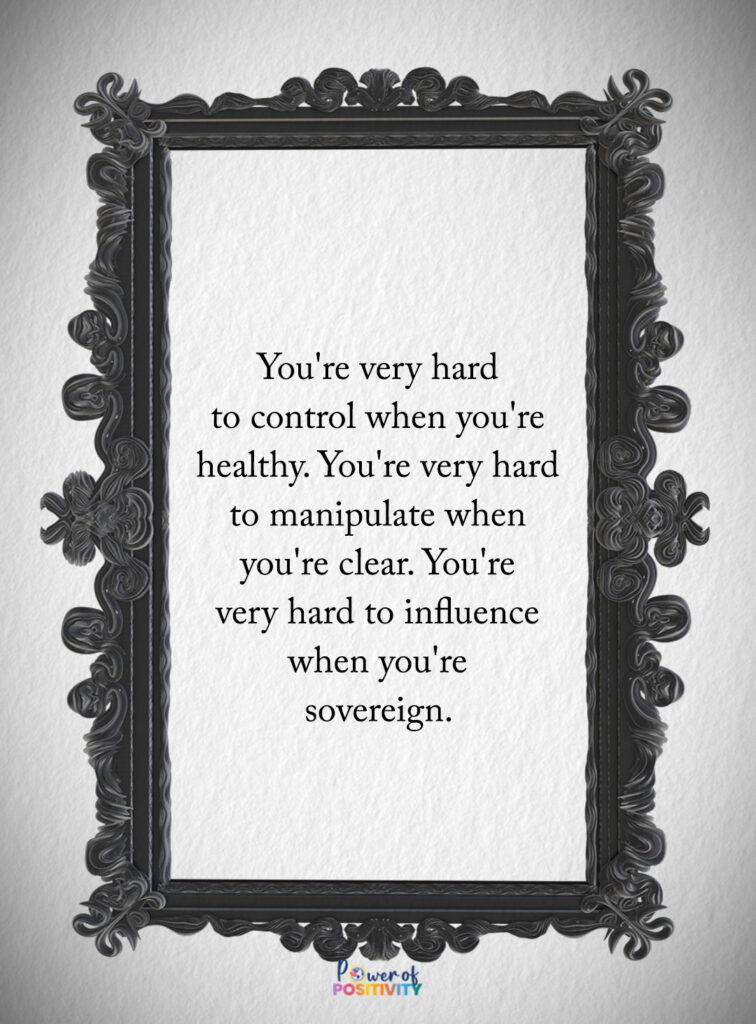Some pills help. Others just make promises. That’s the problem with supplements—there are too many, and not all of them do what they say they will.
You’ve probably seen ads saying a capsule can boost your energy, fix your gut, or even make you sleep like a baby. But is any of that real? This is where Smart Supplementing comes in. It’s not about taking more—it’s about taking what actually makes a difference.
Every section ahead cuts through hype and gets to the truth. You’ll find out what works, what’s just trendy, and what might even be risky. If you’re going to spend money on your health, it should be worth it. Let’s break things down clearly so you can feel confident in your choices.
2. What Counts as a “Smart” Supplement?
Not every supplement is worth your money. Smart Supplementing is about choosing the ones backed by science, not trends. These aren’t magic pills—they help cover real gaps in your diet.
Think of it this way: if your body is missing something important, the right supplement can step in and help. That’s what smart choices are for.
Look for trusted ingredients like vitamin D, B12, and C. You’ll also find minerals like magnesium and iron in this group. Some natural compounds—like omega-3s, turmeric, and CoQ10—also show promise when used for the right reasons.
When you stick to Smart Supplementing, you’re not just adding pills—you’re giving your body exactly what it’s missing, nothing extra, nothing fake.
3. The Truth Behind Supplement Claims
Marketing is clever—but that doesn’t mean it’s always honest. The words used on supplement bottles can be tricky. Saying something “supports your immune system” is not the same as “prevents the flu.” That’s how many products get away with bold claims.
Labels are allowed to be vague because supplements aren’t regulated the same way as prescription meds. That’s why Smart Supplementing starts with understanding what those claims really mean.
Watch out for big promises like “instant results” or “miracle cure.” Those words should raise a red flag. And don’t take health advice from someone selling you the product. Instead, check real sources—like scientific studies, not social media reviews.
Using Smart Supplementing means thinking for yourself. Ask questions, read more, and always double-check what you’re being told before spending your money.
4. What Actually Works (According to Science)
Some supplements really do what they say—especially when there’s research to prove it. The most helpful ones often support general health in simple, targeted ways.
Here are a few that have solid science behind them:
- Vitamin D helps keep your bones strong and supports your immune system.
- Omega-3s are good for your brain and heart.
- Creatine isn’t just for athletes—it can help with both physical energy and mental clarity.
Other supplements work best when used for specific problems:
- Iron can be helpful if you’re low on it or have anemia.
- Probiotics may help with digestion, but only certain strains do the job.
- Magnesium may help with muscle cramps, sleep, and even stress.
Choosing the right one depends on what your body actually needs. Smart Supplementing isn’t about trying everything—it’s about using what works, based on science and your own health.
5. Popular Supplements That Are Mostly Hype
Lots of products sound exciting but don’t live up to the talk. Many weight loss pills, detox blends, and trendy powders fall into this group.
Take fat burners and detox pills, for example. They often promise fast results but usually just rely on caffeine or ingredients that make you lose water weight. The effect is short-term, and the results don’t last.
Then there are the trendier names you’ve likely heard of:
- Collagen has mixed research unless you have a real deficiency.
- Apple cider vinegar pills aren’t much better than the vinegar you already use—and they haven’t been shown to help much with weight loss.
- Mushroom blends might sound powerful, but most of the studies are still in early stages.
These products might not be harmful, but they don’t offer what they claim. Being honest about what works is a key part of Smart Supplementing—and that means skipping what’s more hype than help.
6. The Risks: What Can Go Wrong?
Just because something is sold over the counter doesn’t mean it’s always safe. Some supplements can cause problems—especially when taken too often, in large doses, or mixed with other things.
Common risks to watch for:
- Vitamin overload – Fat-soluble vitamins like A, D, E, and K can build up and cause harm
- Energy supplements – Caffeine and other stimulants may lead to anxiety, poor sleep, or high blood pressure
- Drug interactions – St. John’s Wort and others can make your medications less effective
- Blood sugar and heart effects – Some pills may raise or lower your heart rate or mess with blood sugar levels
Quality problems are real, too:
- Some products may include hidden ingredients, contaminants, or banned substances
- Brands without third-party testing may not be safe or honest about what’s inside
Smart Supplementing means protecting your health, not risking it. Always read labels, start slow, and stick with trusted brands that back up their claims.
7. Smart Supplementing for Energy and Focus
Feeling drained or unfocused? Some supplements help you stay sharp without pushing your body too hard.
What actually helps:
- Caffeine + L-theanine – Boosts alertness, but balances it to avoid crashes
- Creatine – Supports both brain and body energy
- Rhodiola rosea – May ease mental fatigue during stressful days
What sounds better than it works:
- Nootropic stacks packed with too many under-tested ingredients
- “Limitless” pills with mystery blends and zero real science
Smart Supplementing means picking simple, proven options and skipping products built on buzzwords.
8. Supplements That Support Metabolism & Fat Management
Some supplements say they’ll boost your metabolism or help with weight. Only a few actually show small, safe effects.
What might help (a little):
- Green tea extract (EGCG) – Supports mild fat burning
- CLA – May slightly reduce fat mass for some people
What to skip:
- “Thermogenic” pills that just raise your heart rate or body temp
- Nighttime fat burners that don’t have solid human studies
Use supplements for support—not shortcuts. Eating well and staying active still matter most. Smart Supplementing helps you add, not replace, real effort.
9. Supplements for Longevity and Cell Health
Want to support your body as you get older? A few supplements can help your cells stay strong and work better.
Some that may offer benefits:
- Coenzyme Q10 – Helps make energy inside cells
- NAD+ boosters – May help with healthy aging (but research is still growing)
- Curcumin (from turmeric) – Anti-inflammatory and cell-protective
Watch out for:
- Overpromised “anti-aging” claims
- High doses that add risks without more benefits
Keep your approach simple and steady. That’s the mindset behind Smart Supplementing.
10. How to Choose the Right Supplement for You
One-size-fits-all doesn’t work with supplements. Your body, your diet, and your health all matter when making a choice.
Smart steps to take:
- Start with a good diet before reaching for pills
- Think about your age, activity, health conditions, and daily habits
- Use blood tests or talk to a health professional to spot real gaps
- Don’t take something just because it helped a friend
Smart Supplementing is personal—it’s about what fits you.
11. Smart Buying: What to Look For on Labels
Not all labels tell the full story. The way a supplement is packaged says a lot about its quality.
What to check before buying:
- Avoid “proprietary blends”—you want clear amounts
- Look for trusted seals: USP, NSF, or Informed Sport
- Keep it clean: shorter ingredient lists = fewer risks
Understanding a label is a big part of Smart Supplementing. If it’s too vague, it’s probably not worth your money.
12. When to Say No (or Stop)
Supplements should help—not make things worse. Know when to quit.
Signs to stop using a supplement:
- No changes after 2–4 weeks
- New symptoms like stomach pain, headaches, or poor sleep
- Feeling worse instead of better
Smart Supplementing also means knowing when to walk away. Listen to how your body responds—and don’t ignore warning signs.
Conclusion – Smart Supplementing Starts with Smart Thinking
Supplements can be a helpful part of your health routine, but only when you choose them with care. The goal isn’t to try everything—it’s to focus on what your body actually needs. Ignore the hype, stick to science, and pay attention to how you feel. Smart Supplementing isn’t about following trends. It’s about making thoughtful, informed decisions that support your real health—not just quick fixes. When you think clearly, you choose better. That’s the smartest move of all.















